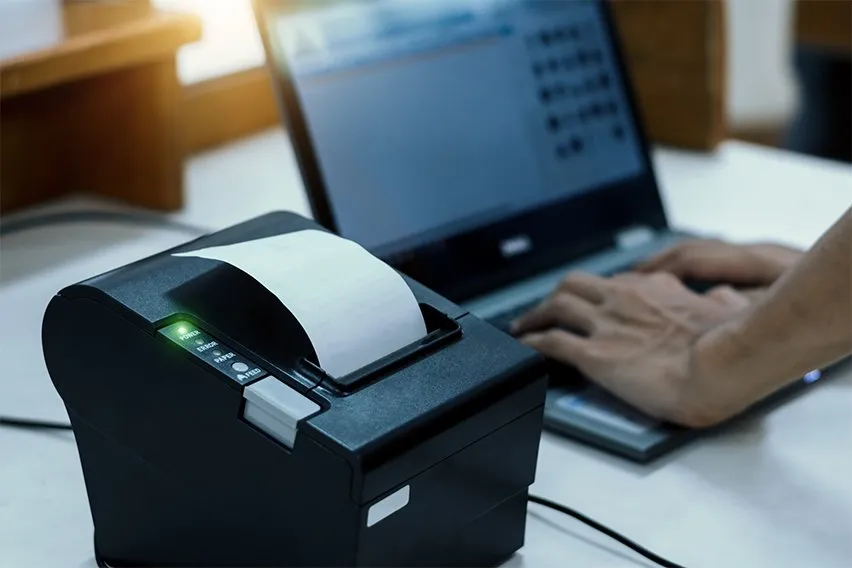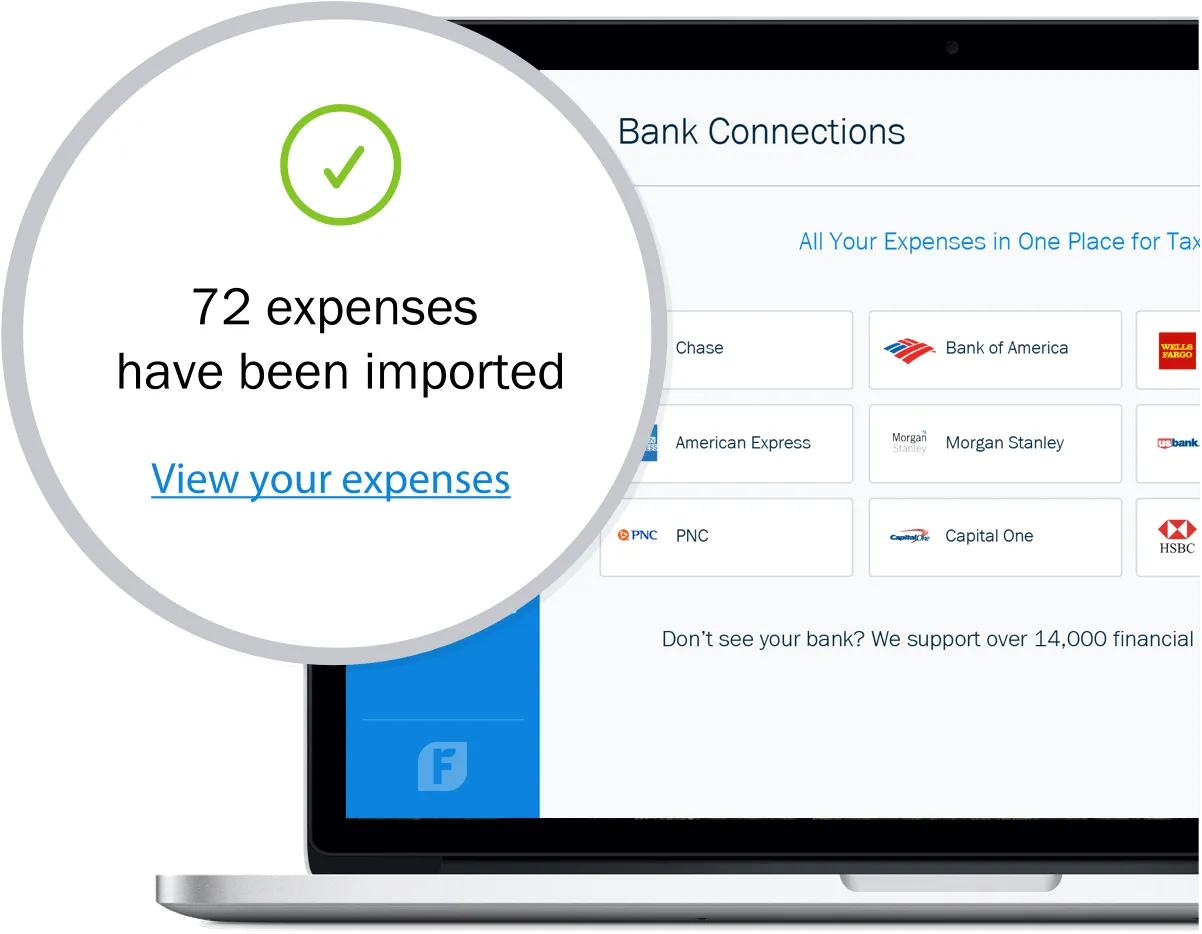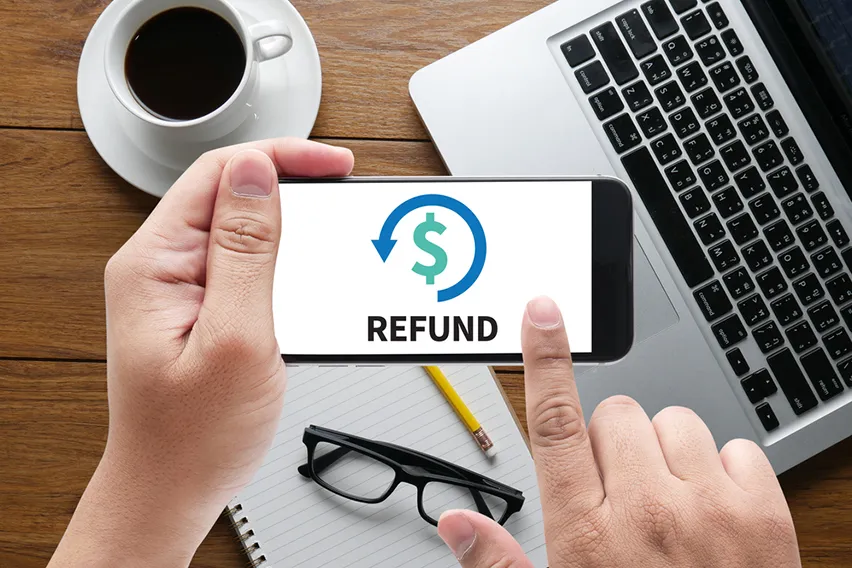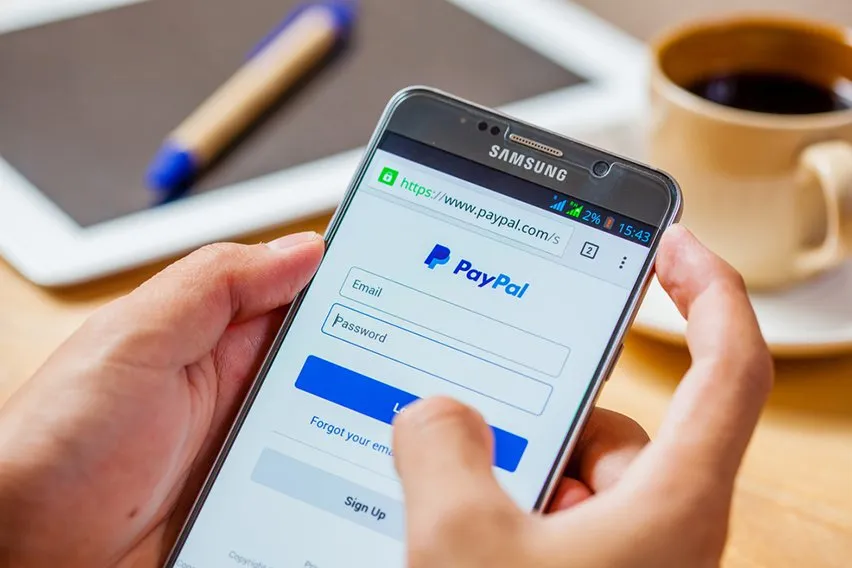How to Print Receipts: 3 Steps

Sales are a part of any business. They are what drive income and profit, and help keep the business afloat. Every sale your business makes should come with a sales receipt. The receipt option isn’t only for customers, though. They’re important for business owners, too. They help track sales, as well as provide data for trends. Receipts are important.
If you need to know how to print receipts, check out the following 3 steps below!
Key Takeaways
- Like an invoice, a customer receipt provides important information about a sale, proving they have purchased something from your business
- Receipts usually include information about goods and services rendered, the number of funds exchanged, the method of payment, the day and time, and tax collected
- Along with sales receipts, you may also need to give out gift receipts, return receipts, and duplicate receipts
- Providing the option to email a digital receipt can be an eco-friendly practice to incorporate
Here’s What We’ll Cover:
How To Print a Receipt in 3 Easy Steps
What Is a Receipt?
A document or sales receipt acknowledging a customer has received and paid for goods or services given after making a purchase. Most commonly, these documents have the following information:
- The goods or services rendered
- Amount of money paid
- Method of payment (cash, credit card, check, etc.)
- The date and time
- Any tax collected

How To Print a Receipt in 3 Easy Steps
Step 1: Create or Review Your Receipt Template
If you choose to create a new payment receipt template form, you’ll want to include the following information:
- Business name and information
- Website items were purchased from (if applicable)
- Information about items purchased (item name, description, quantity, price, and subtotal)
- Total amount paid
- Order number
- Taxes collected
- Client name and information
- Method of payment
- Date of transaction
- Shipping Information (if applicable)
If you have an online component to your brick-and-mortar store, accepting payments online and creating high-quality sales documents is easier when you connect your store with accounting software. You can accept online payments from sources like credit cards, debit, and PayPal, while the system automatically tracks sales and generates email receipts for you. Click here for a free trial.
Step 2: Secure Your Means of Printing
If you’re running a successful business, you’ll need a reliable printing method, as some form of print receipt should be included with every order. Many businesses opt for a dedicated, economical thermal printer.
While receipts can usually be sent to an email address, a physical copy should also be provided. You should also keep printed receipts for your own records.
Step 3: Print and Send Receipts
When running a small business, a good strategy for order packing is to print the receipt first. You can build the order around the copy, using it as a checklist. Be sure to print two; one for you and one for the customer.

Receipt Best Practices
Thermal receipt printers need regular maintenance to preserve their print quality, and you will always want to make sure you purchase the appropriate paper for your machine.
If you have a website attached to your brick-and-mortar shop, you should send the receipt directly after the order is received. Many customers will want to review their purchases and file their documentation appropriately right away.
When sending out digital sales documentation, keep your subject line as clear as possible. You may want to add a short thank you message. Ensuring your e-receipt form is ready to print, ideally in PDF format, will make it even more customer-friendly.
Using receipt and expense tracking software like FreshBooks can help you track expenses if you plan on using these documents for write-offs during tax time. Sign up for a free trial here.

Other Things to Keep in Mind
Gift Receipt Options
On occasion, the goods or services you provide will be purchased as a gift. Giving the option to request gift receipts will keep your customers happy.
Duplicates
You may come across customers who request a duplicate receipt. This request might be made when they pay or at a later time. Learning how to print receipt duplicates is beneficial.
Multiple Receipt Options
If you’re able to, consider giving your customers several different options, like a PDF sent via email or by text message for a new receipt.
Conclusion
Digital and printed customer receipts are a necessary part of any business, and understanding the fundamentals of printing receipts is crucial. Make sure to review your process today.
Did you find this article helpful? If so, check out our article on the best receipt scanner app to discover the best app for your small business that will save you time.
FAQs on How to Print Receipts
How do I make a receipt?
To make a receipt, simply write the transaction details out, print them from your computer, or send a digital transaction record to your customer, ensuring all important details are included, like date, company name, items purchased, the amount charged, the tax charged, and receipt number.
Can a normal printer print on receipt paper?
No, thermal receipt paper is thinner and more slippery than a regular page and has been designed to work in thermal printers that use heat instead of ink. Using it in a normal printer will not produce good results.
Can I print directly from my mobile phone?
Yes, many AirPrint-enabled printers allow you to connect and print directly from your mobile phone using Safari, Mail, and Photos apps. The printer must be on the same Wi-Fi network as your phone.
What device is used for printing receipts?
A receipt printer is a small thermal device that uses a heated print head that presses onto specialized paper, which then reacts to the heat, turning black where it is touched and producing the desired text or image.
Does a receipt printer need ink?
No, a thermal printer uses a heated print head that applies pressure and heat onto heat-sensitive paper while printing customer sales receipts. The paper reacts to the heat and blackens to create the image or text in a permanent print.
Reviewed by
Michelle Alexander is a CPA and implementation consultant for Artificial Intelligence-powered financial risk discovery technology. She has a Master's of Professional Accounting from the University of Saskatchewan, and has worked in external audit compliance and various finance roles for Government and Big 4. In her spare time you’ll find her traveling the world, shopping for antique jewelry, and painting watercolour floral arrangements.
RELATED ARTICLES


 3 Best Online Payment Processing Software
3 Best Online Payment Processing Software What Are Integrated Payments? How Do They Work & Benefit Business
What Are Integrated Payments? How Do They Work & Benefit Business 7 Best Digital Wallet Apps You Need to Know
7 Best Digital Wallet Apps You Need to Know How to Do a Refund on Square: Process Refunds Overview
How to Do a Refund on Square: Process Refunds Overview What Are the Different Types of PayPal Accounts?
What Are the Different Types of PayPal Accounts? Stripe vs Shopify: Which Is Best for Your Business
Stripe vs Shopify: Which Is Best for Your Business